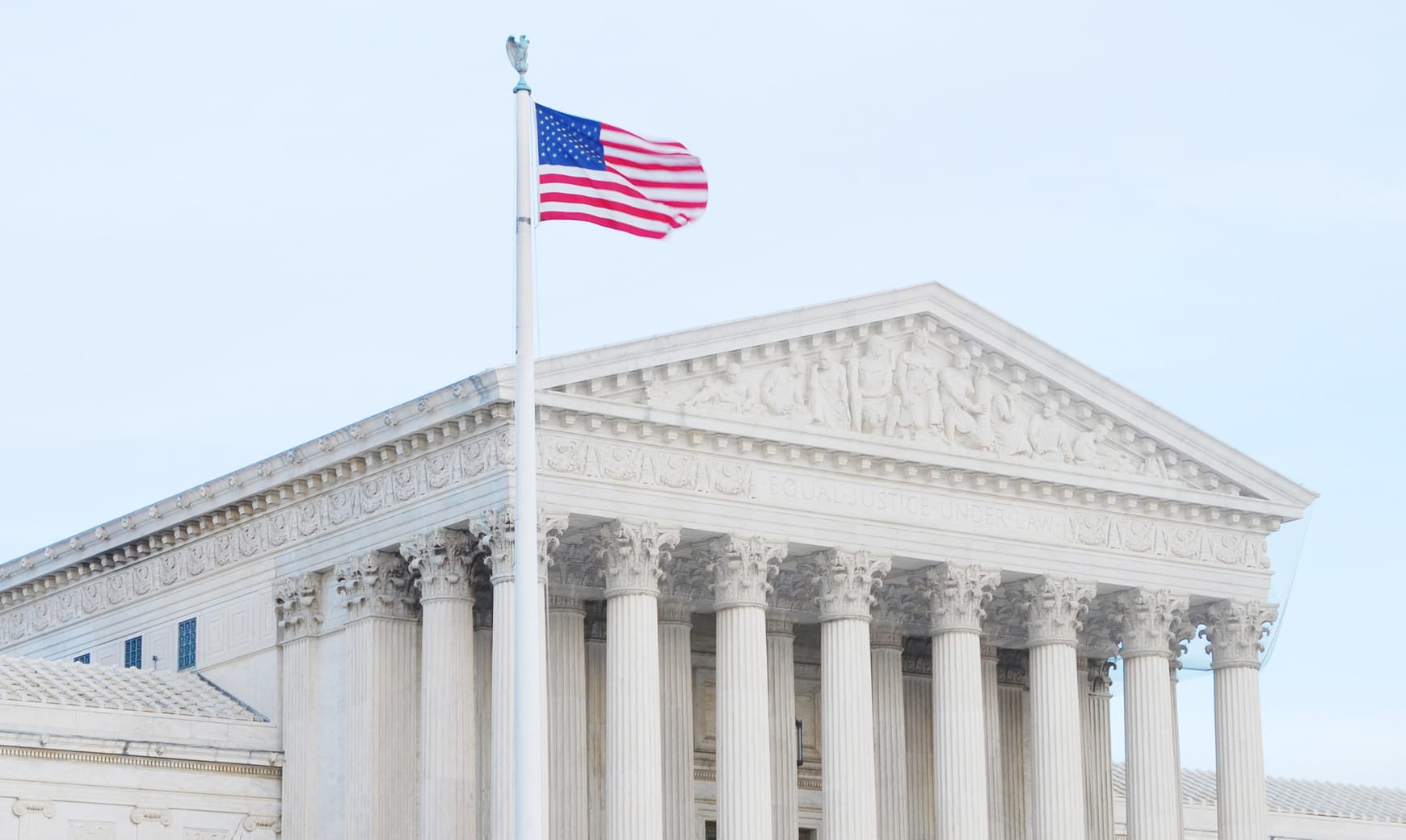In Sunil M. Malkani, et al. v. Gemma Cunningham a/k/a Gemma Turi, et al. C.A. No. 2020-1004-SG, the Delaware Chancery Court held a contractual fee-shifting provision enforceable in a matter where the movant-investor prevailed on the “central” claim, but not on other aspects of the proceedings.
The substantive issue before the court concerned the interpretation of contractual provisions shifting legal fees to the prevailing party from the losing party following complex litigation without an unambiguous victor, as each side prevailed on certain claims but not others.
The plaintiff, Sunil Malkani (Malkani), was an investor in defendant TruthMD, and the underlying dispute giving rise to this fee-shifting litigation concerned interpretation of Malkani’s associated contractual rights. Between 2016 and 2020, Malkani invested in TruthMD through multiple transactions with different investment terms. To consolidate those earlier investments and streamline future capital outlays, the parties entered into three agreements: the purchase agreement (Purchase Agreement), note (Note), and nine-unit warrant (Nine-Unit Warrant) (collectively, the March 13 Consolidation).
The Purchase Agreement contained a provision requiring Malkani’s consent for a change of control transaction. In addition, the Nine-Unit Warrant and the Purchase Agreement contained a fee-shifting provision providing in relevant part that “[i]n the event that any dispute among the parties to this Agreement should result in litigation, the prevailing party in such dispute shall be entitled to recover from the losing party all fees, costs and expenses of enforcing any right of such prevailing party under or with respect to this Agreement.”
Shortly after the March 13 Consolidation, TruthMD entered into an agreement for a potential acquisition. Malkani objected, but according to the court, “TruthMD refused to recognize his rights,” which led Malkani to file a complaint in 2020. Malkani’s complaint alleged a number of causes of action, including the “central issue” of a declaratory judgment that the March 13 Consolidation was valid and enforceable—on which Malkani prevailed. However, TruthMD prevailed on other counts, including specific performance of a warrant for additional equity and breach of contract with respect to the proposed transaction. TruthMD correspondingly argued that it was the prevailing party in the substantive litigation, precluding Malkani from availing himself of the fee-shifting provision.
In its analysis, the Chancery Court relied in large part on Bako Pathology, LP v. Bakotic, where the Supreme Court, in interpreting language broadly similar to that in question here, awarded fee shifting to a party that prevailed on claims interpreting the agreement in question. The Chancery Court determined that the circumstance here was similar, as the Purchase Agreement specifies that the “prevailing party” is one who enforces rights “under or with respect to each agreement.” TruthMD argued that Malkani’s action for a declaratory judgment was not itself “enforcement” of a contractual right. The Chancery Court, however, found that “the central issue in dispute in this action was the validity of the March 13 Consolidation and its constituent contracts” and Malkani prevailing there was tantamount to prevailing in the “overall litigation.”
Correspondingly, because Malkani prevailed on that critical substantive issue and the fees in question were not unreasonable, the Chancery Court enforced the fee-shifting provision, awarding Malkani more than $1.345 million for legal fees in connection with the matter.
